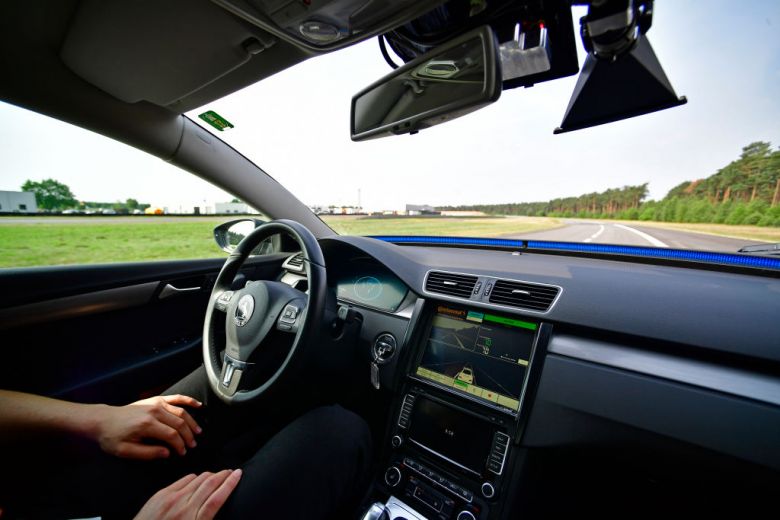Although the full introduction of these vehicles could take up to three years – until the end of 2025 – this is the first step into the introduction into road users’ daily lives.
The government believes that the plans, involving new legislation around their use on the road networks, will lead to thousands of new jobs.
The government’s vision for self-driving vehicles is backed by a total of £100m funding, with £34m being used immediately for research into safety developments.
This could include researching the performance of self-driving cars in poor weather conditions and how they interact with pedestrians, other vehicles, and cyclists.
A further £20m is going to be used to help kick-start commercial self-driving services. Another £6m will also be used for further market research and to support commercialisation of the technology.
Vehicles that can drive themselves on motorways could be available to purchase within the next year, which users would need a valid driving licence for, so they can drive on other roads.
According to the Government, other self-driving vehicles that could be used for public transport and deliveries, expected on the roads by 2025, would not need anyone onboard with a driving licence because they would be able to drive themselves for the whole journey – although further research has been announced to look into the viability of this technology.
Shapps commented: “The benefits of self-driving vehicles have the potential to be huge. Not only can they improve people’s access to education and other vital services, but the industry itself can create tens of thousands of job opportunities throughout the country.
“Most importantly, they’re expected to make our roads safer by reducing the dangers of driver error in road collisions.
“We want the UK to be at the forefront of developing and using this fantastic technology, and that is why we are investing millions in vital research into safety and setting the legislation to ensure we gain the full benefits that this technology promises.”
In response to the new, RAC head of roads policy Nicholas Lyes said: “While self-driving cars offer the potential to make our roads safer and increase mobility for those who can’t currently drive, the jump from driver assistance to fully autonomous remains fraught with risks, so it is welcome news the Government is backing ambitious targets with more funding. RAC research also shows drivers like to be in control of their vehicle, so it would require a real culture change for the public to fully embrace driverless technology.”
The government has also announced that the new laws for the rollout of self-driving vehicles by 2025 will be brought forward when parliamentary time allows – with the safety of all road users the main concern.
Furthermore, the planned legislation will build on current motoring legislation. This would mean that vehicle manufacturers will be responsible for any of the cars actions when self-driving, meaning a human driver would not be liable for incidents related to driving while the vehicle is in control of driving.
However, this will be discussed further when the topic is brought up in discussion in Parliament.
Following the announcement, the Business Secretary Kwasi Kwarteng shared his thoughts on the possible introduction of self-driving vehicles on our roads by 2025.
He said: “Self-driving vehicles have the potential to revolutionise people’s lives, particularly by helping those who have mobility issues or rely on public transport to access the jobs, local shops and vital services we all depend on.
“This funding will help unlock the incredible potential of this industry, attracting investment, developing the UK’s growing self-driving vehicle supply chain, and supporting high-skill jobs as these new means of transport are rolled out.”
What are your thoughts on the introduction of self-driving cars on our roads? Leave our comment below.

RAC sale – up to 33% off*
• Roadside cover from £5.29 a month†
• We get to most breakdowns in 60 mins or less
• Our patrols fix 4/5 breakdowns on the spot











